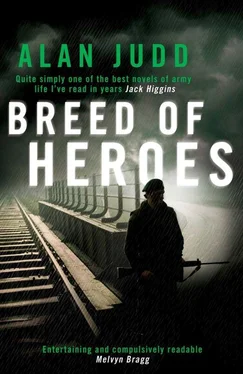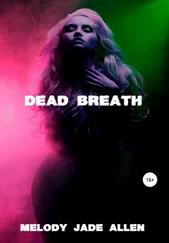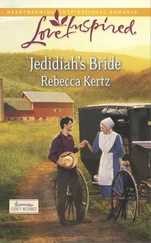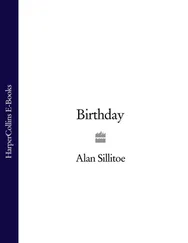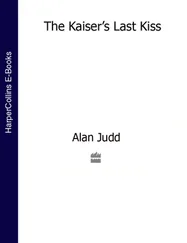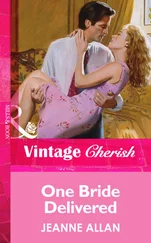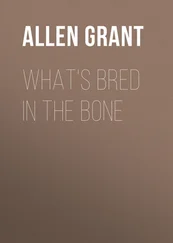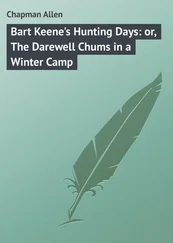‘I like the Army,’ he said, laughing after his scolding for the second incident. ‘I want to be a general. Napoleon commanded an army at twenty-six, which gives me just over three years. But I don’t think I like it here. I don’t like some of the people and some of them certainly don’t like me, particularly the CO now. But the main thing is there’s no killing. It’s boring. I hope it’ll change for the worse when we get to Belfast.’
They found a tea-shop near the town centre. It was run by an old lady and two young waitresses. It smelt of polish and home-made cakes. It seemed the sort of place where there was small chance of meeting off-duty soldiers. Charles found it a great pleasure to wear civilian clothes again. He had that morning received an hysterical and loving letter from Janet who had seen television film of the riots in Belfast and had positively identified him as a wounded officer being helped away. They ordered tea, toast and cakes.
‘I do enjoy tea,’ said Philip Lamb. ‘It’s so civilised, so nice. Except in the Mess where it’s like rugger and they all form a scrum round the toaster. I don’t like rugger.’ They all nodded seriously. ‘I used to enjoy breakfast too but that’s all become rather tense now. I sat down this morning and my pistol fell out of my pocket on to the floor with a great crash. Everyone stopped eating and the CO just stared. The only thing that saved me was that the same thing’s happened to him twice.’
‘What gets me,’ said Henry, ‘is the way we attached officers have to carry our bloody pistols night and day while the regimental officers who have rifles can put them in the armoury when they don’t want to go out to play. I mean, we have to take ours to bed, to bath and to bog, with ammunition and a fifty quid fine if you lose any of it. Not that I’d know how to use the damn thing anyway.’
‘In the last resort,’ said Philip, ‘they’re for using on ourselves, I suspect. I’m sure I’m the only target I could hit anyway. Although I must admit that just holding it and looking at it gives one a pleasant feeling of lethality.’
Henry snorted. ‘The only lethal thing you could do with one of those is throw it at someone.’
‘Not true,’ said Chatsworth. ‘The nine-millimetre Browning is a lethal weapon, used properly. It’s more accurate than most of its users. But I agree about the pleasant feeling of lethality. I carry one all the time.’
‘You don’t,’ said Henry.
Chatsworth laughed and slapped his thigh. ‘Why does no one around here ever believe anything I say?’
‘We usually hope you’re kidding.’
Chatsworth opened his jacket enough to reveal a shoulder-holster. ‘It’s not the Army’s, it’s my own. Legally, more or less. Though we’re not supposed to bring private firearms out here, are we?’
‘Why do you carry it?’
‘Well, you never know.’
‘Never know what?’
‘What might happen. I always used to carry one in Panama.’
‘In where?’
‘The CO does too. You look at him next time he’s in civvies going to some dinner that he’s refused on our behalf. You can see he’s wearing a shoulder-holster.’
‘I thought everyone in that Mess was mad,’ said Henry. ‘You’re the maddest.’
‘I hope you’re right. I might make general yet. You see, none of the others know they’re mad but I know I am so I can make use of it.’
‘Just keep on the way you’re going.’
The waitress was a plump, homely, blushing girl with dark curls and rosy cheeks. ‘I haven’t touched a woman for nearly two weeks,’ Henry confided to her, seriously.
Chatsworth grinned at her. ‘I like women. I like you. Do you like me?’
Henry continued to gaze earnestly at her. ‘For two weeks all I’ve seen of women is photographs.’
The girl dumped the tea-pot in front of Henry, almost in his lap. ‘Keep looking,’ she said. ‘You might have more luck with photographs.’
Chatsworth stood up. ‘May I follow you into the kitchen?’
Trying not to smile the girl ran back into the kitchen as fast as her tray would allow. Chatsworth followed her and came out after a couple of minutes, still grinning. They paid and left and walked back up the hill to the barracks.
‘What did you do in there?’ asked Philip.
‘Nothing. Just got her name and address, that’s all. And telephone number.’
‘But you won’t be allowed out to see her.’
‘I shall break out. I gave her the CO’s name as mine. She thinks I’m a colonel.’
‘You are mad.’
‘I feel randy.’
‘Since our interests seem to be similar,’ said Henry, ‘would you like to come to one of the medical centre porn shows?’
‘Do you have any porn?’
‘Quite a lot. One of the orderlies gets it. It’s really hard stuff. I think you’d like it.’
Chatsworth nodded seriously. ‘I would, yes. When shall I come down?’
‘Any time. Just say you’re reporting sick and ask for me.’
‘How very appropriate,’ said Philip.
Charles’s platoon was doing the town patrol that night but instead of being able to sleep in the cell of the local police station from midnight on as usual, he was kept up until four in the morning by an explosion at the brewery. It was a small incendiary bomb and there was little damage because it had been badly placed on a window-sill. Charles’s soldiers put out the small fire before the fire brigade arrived but there was then a lot of hanging around whilst the bomb disposal man, known as an ATO (Ammunition Technical Officer) searched the area for more bombs. The brewery manager appeared and gave Charles a couple of bottles of whisky for his soldiers. Unfortunately, the CO also appeared and redirected the bottles to the Officers’ and Sergeants’ Messes. The CO was greatly pleased by the event and said it was proof that the battalion’s high level of activity had forced the enemy to waste his resources on soft targets.
The battalion’s level of activity was very high. The frenetic tempo of operations at first bewildered the local people, then impressed them and finally, when no results were forthcoming, evoked their ridicule. Everyone was very tired by the end of the first week and so much more so by the end of the second that the lack of results was not even slightly depressing. No one bothered to enquire.
That morning Charles was telephoned at six and told to report with his platoon to the barracks an hour before time. They got there to find that three companies were to carry out an area search of some flat land about ten miles away. They were to leave at once. Edward was panicking. Charles pointed out that his men had had no breakfast and, for the most part, no sleep.
Edward put both hands on top of his black beret, forcing it down almost to the bridge of his nose. ‘Charles, for Christ’s sake, don’t stand there arguing. Now means now. Just get your platoon in the lorries and get them out of here before the CO sees you haven’t gone yet. Everyone else has.’
Charles got his platoon into the waiting lorries, which were smoking and coughing in the clear morning air. They got mixed up with some of A company and had to debus and then embus again. By this time Edward was frantic. Soldiers were milling around everywhere. ‘Charles, just get in the nearest bloody lorry and go!’ he shouted. ‘Take everyone with you.’
Charles felt like shouting back but didn’t. ‘Nobody’s told us where we’re going,’ he said. ‘The driver doesn’t know.’
‘Don’t be so pathetic. Find Sergeant Wheeler. I gave him the grid reference. You can map-read your way. I’ll follow in my Land-Rover and hoot if you go wrong. Now clear off, for God’s sake.’
Everyone scrambled aboard something and at last the lorries coughed and spluttered out of the gates. Charles was in the cab of the leading one. After a while he asked the driver if Edward’s Land-Rover was following.
Читать дальше
